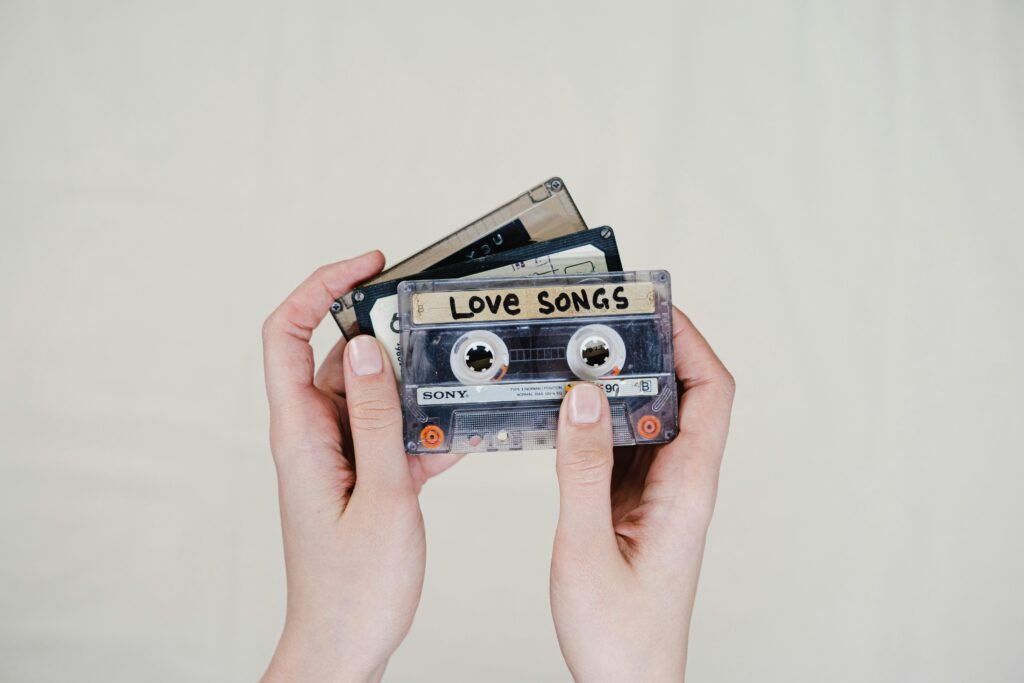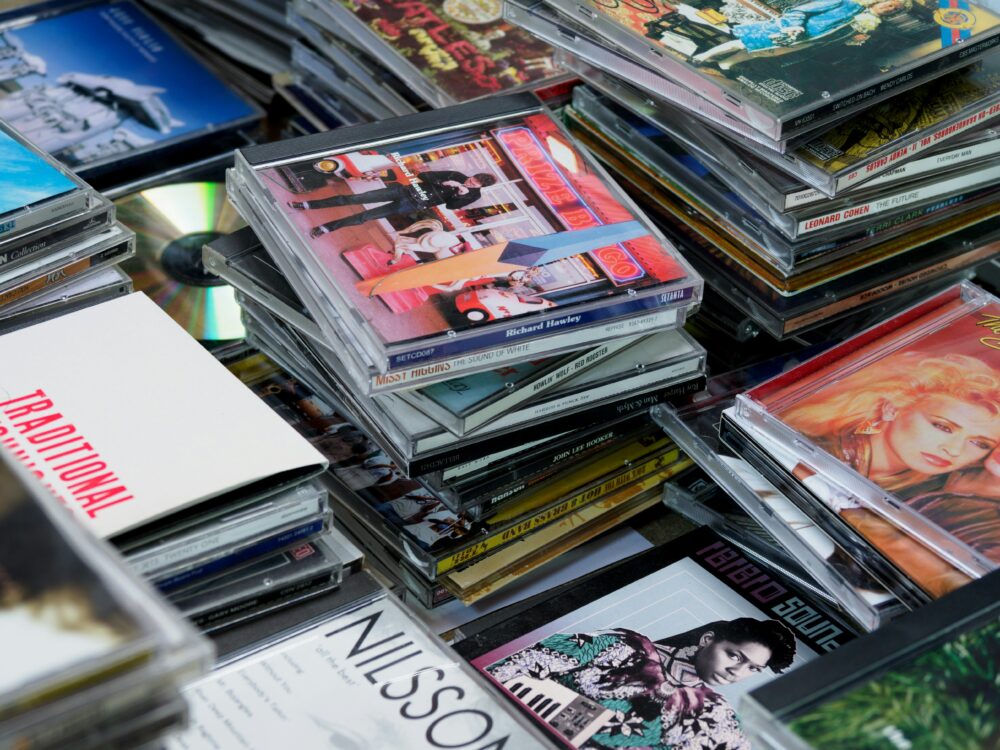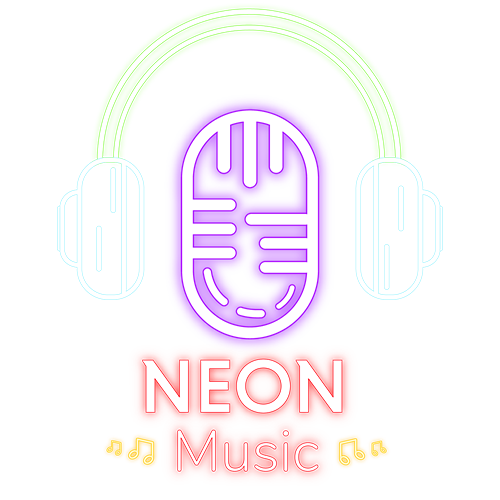
Music existed long before anyone pressed “record”. In dim caves, hands clapped out rhythms, and voices likely rose in chants we can only imagine. Bone whistles pierced the air with sharp notes. Later, ancient peoples built on this. Egyptians crafted songs for their deities, Greeks plucked melodies from lyres. These exact tunes are lost to us, gone with the wind. But the tools they left behind, the carvings of dancers, these hint at a world where music wasn’t just entertainment. It was part of life itself, as vital as breath. How this music sounded, we will never know. But we know music was an extremely important part of every ancient civilization.
The Tangible, Analog Era
We first started recording music some 166 years ago. Comparing that time to how long humans have been around, it’s a relatively short period. Before smooth vinyl or convenient tapes, there were wax cylinders and wire recorders. Primitive devices from today’s perspective, but back then a cutting-edge technology that achieved something that was never achieved before – capturing sound. Then came the era of vinyl and tapes.

The crackle of vinyl, the hiss of a cassette tape – there’s a certain magic to it. And it’s not about the sound itself, but the ritual. Placing the needle with gentle care, flipping the tape at the halfway point, the physical connection with the music you loved. This tangible era, from the rise of records to the Walkman revolution, has a very nostalgic warmth. Errors and imperfections became part of the charm, faint pops and warbles adding personality. The analogue aspect of music sticks to this day, but mostly with enthusiasts and audiophiles who collect vinyl and love to experience their favourite songs through high-quality turntables. Do you miss the analogue era of music? We certainly do.
The Digital Era
It didn’t take humans too long to turn music into ones and zeroes. The birth of digital music wasn’t a flashy debut, but a series of experiments starting as early as the 1930s. Digital systems were bulky and expensive, so they were mostly reserved for the studios. Cassette tapes offered some portability, but true consumer-level digital audio wouldn’t arrive until CD introduction in the early 1980s.

Then came the internet, and completely changed our way of consuming music. The click of a mouse and the tap on the screen is what music is all about in this modern age. Vinyl and cassettes have their own charm, but the digital age revolutionised how we find, create, and share tunes. Streaming platforms spill unlimited melodies into our ears, algorithms learning our tastes. Musicians bypass record labels, and a bedroom studio is now their potential launchpad. The music industry shifted and completely reshaped. Sure, debates rage about ownership and fair pay in this realm. But one thing’s clear: the act of putting sound to feeling, melody to emotion, that’s as timeless as the oldest drumbeat. The way we experience it just got a whole lot more complex.
Music Beyond Music
Music seeps into our lives, far beyond our playlists. The grocery store has its generic pop soundtrack, while the spa offers calming instrumentals. We hear it on TV commercials and in a movie’s score. Music influences the most unexpected things, like slot machines. You wouldn’t believe it, but Kiss and Guns n’ Roses have their themed slot machines on some of the best payout casino lists. Yes. That’s right. If you check, you’ll notice almost all of them offer some sort of slot that was inspired by music. Open your ears and you’ll realise music is the main ingredient of the world we live in.
The digital age blew open the doors for music, but what’s next? One trend may be music that’s deeply personal. AI could analyse your preferences, mood, even your biometrics, to craft tunes just for you, shifting and evolving in real time. Another path lies in immersive experiences. Imagine concerts held in virtual worlds, where sound, visuals, and even touch sensations blend seamlessly. Music might even move beyond entertainment entirely. Therapeutic applications could use sound to influence brainwaves. It could become a way to communicate with animals, or even plants! Now wouldn’t that be cool?
